Content from the Brookings Institution India Center is now archived. After seven years of an impactful partnership, as of September 11, 2020, Brookings India is now the Centre for Social and Economic Progress, an independent public policy institution based in India.
Brookings Distinguished Fellow Ambassador Shivshankar Menon discussed his new book ‘Choices’ with Karan Thapar in the India Today channel. The discussion entailed how a strike after 26/11 was avoided.
Ambassador Menon had advocated both External Affairs Minister Pranab Mukherjee and Prime Minister Manmohan Singh to critically consider retaliation. Ambassador Menon had “pressed at that time for immediate visible retaliation of some sort, either against the LeT in Muridke … or their camps in Pakistan-occupied-Kashmir, or against the ISI, which was clearly complicit.” Retaliation could have been “emotionally satisfying”. India’s police and security agencies had brought shame, which could have also been removed through retaliation.
In the interview Ambassador Menon provided six reasons for why the decision to use “diplomatic, covert and other means was the right one.” He mentioned that another attack from Pakistan might not draw a similar response. Retaliation might not end terror, given that terrorism “is hard-wired into Pakistan’s society and polity, not just into the ISI”, he said. “Some public retribution and a military response [is] inevitable”, he added.
Ambassador Menon termed Indo-Pak relations as “one of the few major failures of Indian foreign policy.”
This interview was first aired on the programme ‘To the Point’ (India Today) on November 19, 2016. The views are of the discussant(s). Brookings India does not have any institutional views.
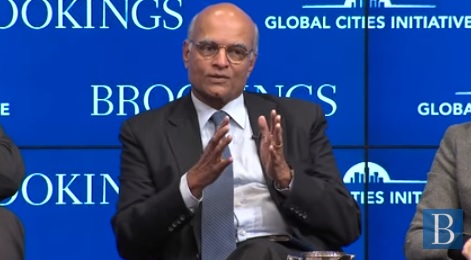

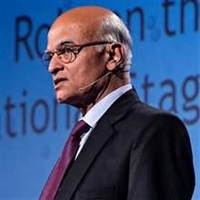
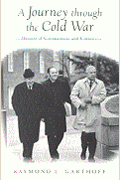
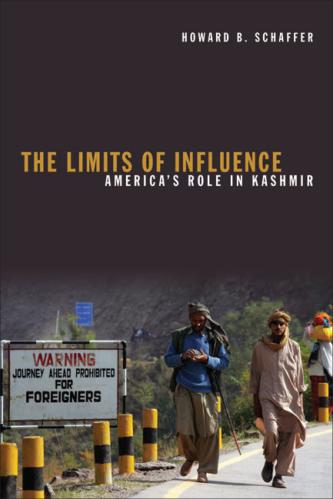
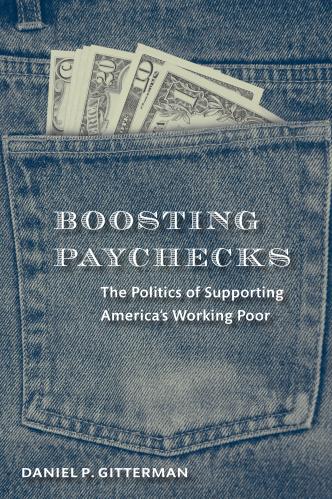


Commentary
Op-edShivshankar Menon: Indo-Pak relations are “one of the few major failures of Indian foreign policy”
India Today
November 22, 2016